x
Search results for 'k12courses.com recommends exam questions and practice tests from certkillers.net for certification students'
Show Filter
Summit Pre-Algebra, Semester 1 (MTH113A)
In this course, students take a broader look at computational and problem-solving skills while learning the language of algebra. Students extend their understanding of ratio to develop an understanding of proportions and solve problems including scale drawings, percent increase and decrease, simple interest, and tax. Students extend their understanding of numbers and properties of operations to include rational numbers. Signed rational numbers are contextualized and students use rational numbers in constructing expressions and solving equations. Students derive formulas and solve two-dimensional area problems including the area of composite figures. In three dimensions, students find surface area using formulas and nets. Students also compute the volume of three-dimensional objects including cubes and prisms. Students make use of sampling techniques to draw inferences about a population including comparative inferences about two populations. Students also investigate chance processes through experimental and theoretical probability models. This is the first semester of a two semester course.From: $450.00
Summit Math Plus Yellow (5) (Independent Study)
This research-based course focuses on computational fluency, conceptual understanding, and problem-solving. The engaging course features new graphics, learning tools, and games; adaptive activities that help struggling students master concepts and skills before moving on; and more support for Learning Coaches to guide their students to success. This course for students in Grade 5 investigates whole numbers through practical situations in rounding, exponents and powers, and elementary number theory. Students begin addition and subtraction of integers and apply all of their work with rational numbers to problem-solving experiences. The study of algebra includes work with variables, solving equations and inequalities, using formulas within geometry and measurement, and work within the coordinate system. The study of geometry encompasses properties of lines, angles, two- and three-dimensional figures, and formal constructions and transformations.From: $24.00
Summit Pre-Algebra, Semester 2 (MTH113B)
In this course, students take a broader look at computational and problem-solving skills while learning the language of algebra. Students extend their understanding of ratio to develop an understanding of proportions and solve problems including scale drawings, percent increase and decrease, simple interest, and tax. Students extend their understanding of numbers and properties of operations to include rational numbers. Signed rational numbers are contextualized and students use rational numbers in constructing expressions and solving equations. Students derive formulas and solve two-dimensional area problems including the area of composite figures. In three dimensions, students find surface area using formulas and nets. Students also compute the volume of three-dimensional objects including cubes and prisms. Students make use of sampling techniques to draw inferences about a population including comparative inferences about two populations. Students also investigate chance processes through experimental and theoretical probability models. This is the second semester of a two semester course.From: $450.00
Summit Math Plus Purple (3) (Independent Study)
This research-based course focuses on computational fluency, conceptual understanding, and problem-solving. The engaging course features new graphics, learning tools, and games; adaptive activities that help struggling students master concepts and skills before moving on; and more support for Learning Coaches to guide their students to success. This course for students in Grade 3 provides a quick overview of whole number addition and subtraction, but has a greater focus on whole number multiplication and division, encompassing early algebraic thinking. Decimals are studied in relationship to place value and money, and fractions are addressed through multiple representations and probability. Students are introduced to specific methods and strategies to help them become more effective problem solvers. Geometry and measurement are addressed through the study of two- and three-dimensional shapes, early work with perimeter, area, and volume, and applying measuring techniques to time, length, capacity, and weight.From: $24.00
Summit Math Plus Red (4) (Independent Study)
This research-based course focuses on computational fluency, conceptual understanding, and problem-solving. The engaging course features new graphics, learning tools, and games; adaptive activities that help struggling students master concepts and skills before moving on; and more support for Learning Coaches to guide their students to success. This course for students in Grade 4 moves into applications and properties of operations. Students work with simple fraction and decimal operations, which are applied in the study of measurement, probability, and data, and mathematical reasoning techniques. Students begin the study of equivalencies between fractions and decimals on the number line and early work with integers. Algebraic thinking is developed as students work with variables, coordinate graphing, and formulas in problems involving perimeter, area, and rate. Geometry is extended into greater classification of shapes and work with lines, angles and rotations.From: $24.00
Summit Practical Math, Semester 2 (MTH307B)
In this high school math course, students use math to solve real-world problems and real-world problems to solidify their understanding of key mathematical topics. Data analysis, math modeling, and personal finance are key themes in this course. Specific topics of study include statistics, probability, graphs of statistical data, regression, finance, and budgeting. In addition, students learn how to use several mathematical models involving algebra and geometry to solve problems. Proficiency is measured through frequent online and offline assessments, as well as class participation. This is the second semester of MTH307.
From: $450.00
Forensic Science (SCI030)
This course surveys key topics in forensic science, including the application of the scientific process to forensic analysis, procedures and principles of crime scene investigation, physical and trace evidence, and the law and courtroom procedures from the perspective of the forensic scientist. Through online lessons, laboratories, and analysis of fictional crime scenarios, students learn about forensic tools, technical resources, forming and testing hypotheses, proper data collection, and responsible conclusions.
$450.00
Summit Probability and Statistics (MTH413)
In this high school math course, students learn counting methods, probability, descriptive statistics, graphs of data, the normal curve, statistical inference, and linear regression. Proficiency is measured through frequent online and offline assessments, as well as asynchronous discussions. Problem-solving activities provide an opportunity for students to demonstrate their skills in real world situations.
$450.00
Summit Practical Math, Semester 1 (MTH307A)
In this high school math course, students use math to solve real-world problems and real-world problems to solidify their understanding of key mathematical topics. Data analysis, math modeling, and personal finance are key themes in this course. Specific topics of study include statistics, probability, graphs of statistical data, regression, finance, and budgeting. In addition, students learn how to use several mathematical models involving algebra and geometry to solve problems. Proficiency is measured through frequent online and offline assessments, as well as class participation.
From: $450.00
Law and Order (OTH091)
Every society has laws that its citizens must follow. From traffic laws to regulations on how the government operates, laws help provide society with order and structure. Our lives are guided and regulated by our society's legal expectations. Consumer laws help protect us from faulty goods; criminal laws help protect society from individuals who harm others; and family law handles the arrangements and issues that arise in areas like divorce and child custody. This course focuses on the creation and application of laws in various areas of society.
$450.00
Achieving Your Career and College Goals (OTH050)
Students explore their options for life after high school and implement plans to achieve their goals. They identify their aptitudes, skills, and preferences, and explore a wide range of potential careers. They investigate the training and education required for the career of their choice, and create a plan to be sure that their work in high school is preparing them for the next step. They also receive practical experience in essential skills such as searching and applying for college, securing financial aid, writing a resume and cover letter, and interviewing for a job.
$450.00
NEED MORE INFO
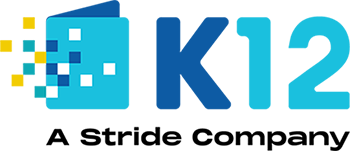
THANK YOU!
We have received your inquiry and you will start to receive additional information about our school offerings and programs. An enrollment consultant will contact you shortly.
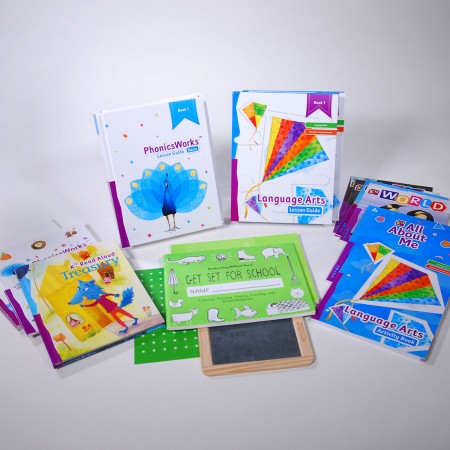
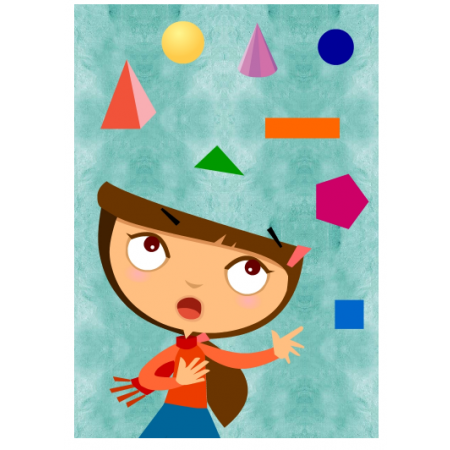
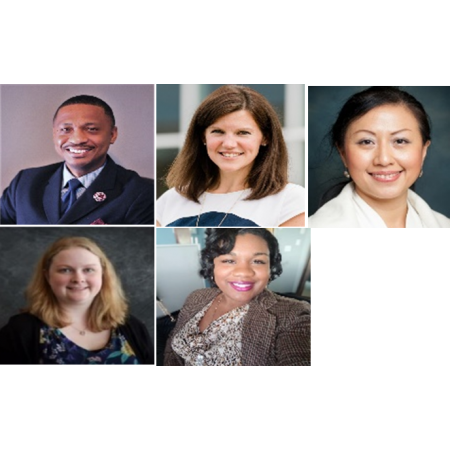

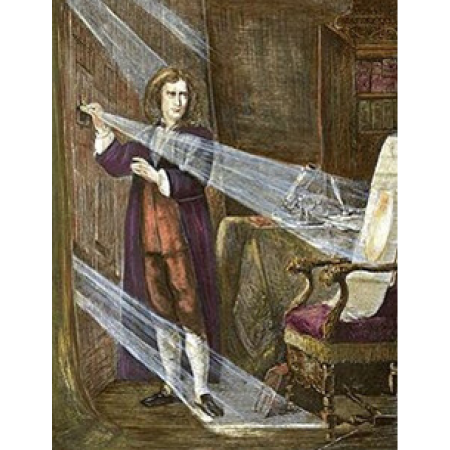
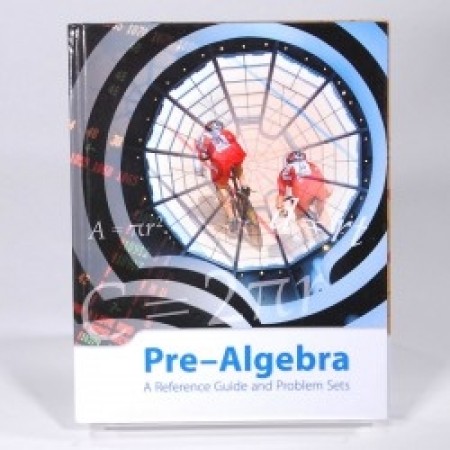
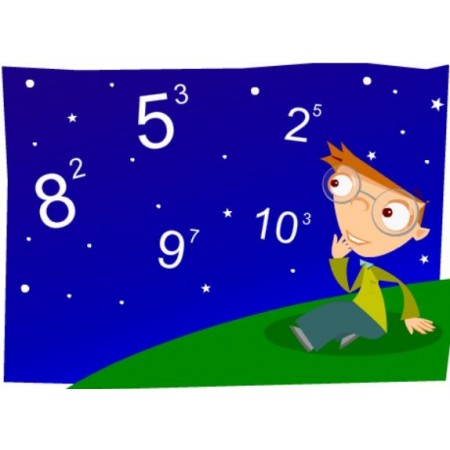
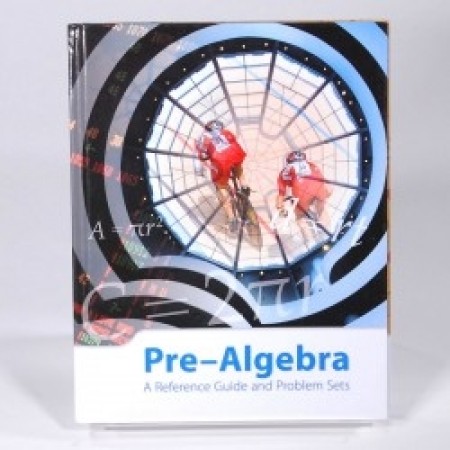

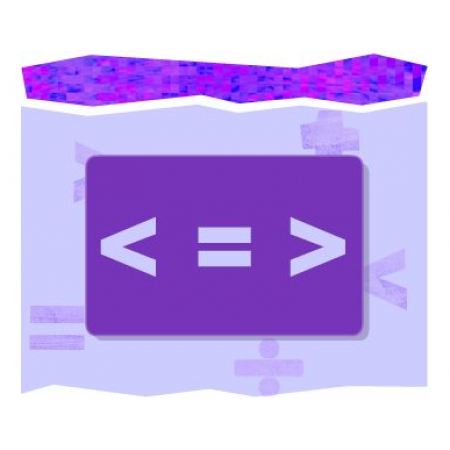


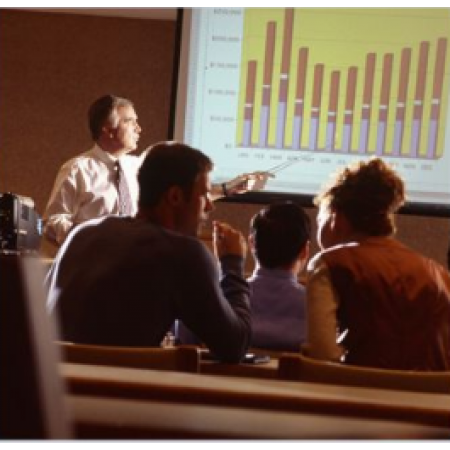
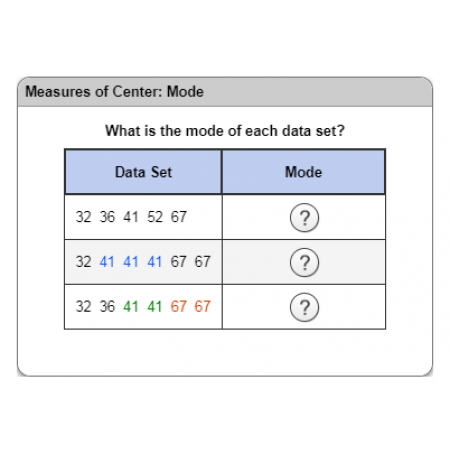
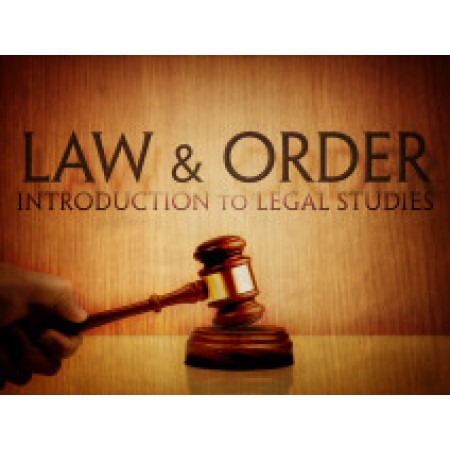
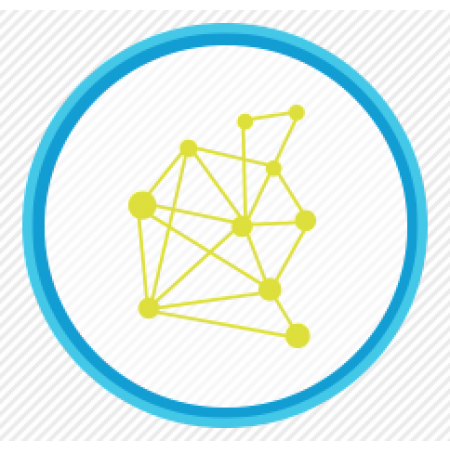
This course is a Project Based Learning course (PBL). This course is designed as an exploration of the arts, audio/video technology, and communications pathways. Students will get an introduction to arts, audio/video technology, and communications careers so that they can better assess which pathway to pursue. In this course students explore basic concepts in the broad areas of art, audio/video technology, and communication, as well as career options in each area. Students study the concepts of technology skills, audio/video technology, communications, art appreciation, visual and performing arts, journalism and broadcasting, and telecommunications. Students complete projects to develop a deeper understanding of the essential skills and knowledge required for a career in arts, audio/video, or communications.